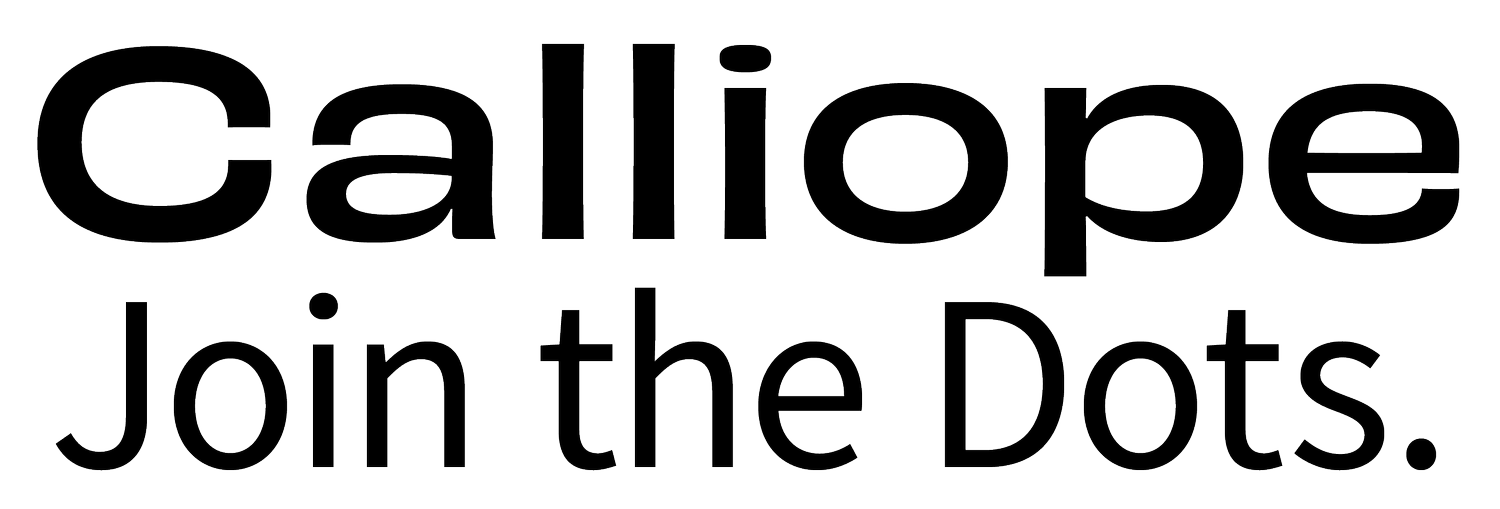
NAVA EBRAHIMI
Writer. Observer. Commentator.
Her work covers topics of conformity, artificiality, belonging and what is foreign in ourselves and about the responsibility we have for others. Nava Ebrahimi is one of the most exciting voices in German-language literature. An Austrian-Iranian writer, Ebrahimi has received multiple awards for her incredible body of work: The Ingeborg Bachmann Prize in 2021, Rotahorn Literature Prize 2020, The Austrian Book Prize and the Morgenstern Prize, to name a few. Nava Ebrahimi studied journalism and economics in Cologne and worked as an editor for the Financial Times Germany and the Cologne city revue.
Nava Ebrahimi / © Clara Wildberger
“Memories are more like a holiday cottage that you have to air out and clean the dust off every time you get there before you feel at home again.”
Interview with Nava Ebrahimi
Your roots are in Iran, you grew up in Germany and now live in Austria, where you work as a journalist, but above all as an author. Whoever meets and experiences you gets to know a German who lives in Austria today. How would you describe yourself? Austria has really turned me into a German for good. Because it's like this: as soon as I say something, I'm qualified as German - and that's it! There is no "yes, but" that follows, as I often experience in Germany when I call myself a Cologne native, for example. In Austria, the striking thing about me is that I speak High German. Not my dark hair. That's actually nice. But now I have to deal with the prejudices against ‘Piefkes’, I mean, Germans. That is a whole new role.
And how much Iran is there in someone who no longer has any memories of life in the country itself, but who grew up in a family in which the adults have many vivid memories of life in Iran and are shaped by them? Iran as a country hardly plays a role in my life at the moment, but the feelings, smells, tastes, sounds that I associate with Iran and my childhood do. I cherish all of this, but not in my everyday life. The memories are more like a kind of holiday cottage that you have to air out and remove the layer of dust every time you get there before you feel at home again.
Your main character Mona travels to Iran for her grandmother's funeral, the return ticket to Germany already in her pocket. Despite this actually very short journey into her own family's past, the encounter with her own culture becomes fierce and intense. Mona has to endure the fact that the culture of her country of origin, Iran, and her home country, Germany, seem incompatible in many ways. How does she live this contradiction? And what arises for you from this cultural difference, is it also a root of your writing? Mona can't deal with this contradiction, she has tried from childhood to get rid of everything Persian about her. But that didn't work. I think from the film Magnolia comes the sentence, “We have finished with history, but history has not finished with us”. This is also true for Mona. She is always haunted by these words. For me, this contradiction means: friction and energy, which I transform into literature in the best case.
Nava Ebrahimi reads from her novel "Sixteen Words" at the 17th Wortspiele in Munich
There are sixteen words from Persian that shape Mona's memories and associations when she thinks of her homeland. What is it about these terms? Why can one's own cultural heritage often confront a single term as if in a mirror? The words run through the narrator's life and appear again and again in different contexts. Stories unfold from the individual words. Narmkonande, meaning hair rinse, for example, tells of the difficulties of growing up as a child in a German-Iranian patchwork family, and getting lost not only between cultures but also between parents. Or Ezafebar, excess baggage: those who leave their homeland always want to take more with them than is permissible. All sixteen words taken together in turn tell their own story, the story of a migration.
With your debut novel "Sixteen Words" you took part in one of the cohorts of the renowned Bavarian Academy of Writing. How did you feel about the collaboration and how would you answer the crucial question: Can literary writing be learned and taught? During the year and a half that the seminar lasted, the novel emerged from a few episodes and a vague idea. It helped me that we studied the manuscripts of the other scholarship holders very thoroughly in the seminar. That made me aware of many things. And our seminar leaders, the writer Christoph Peters and the editor Christiane Schmidt, always told us that we can do anything - it's just how we do it that matters. That sharpened my focus without limiting me. So: assuming a narrative urge, yes!
Susanne Krones / penguinrandomhouse.de



